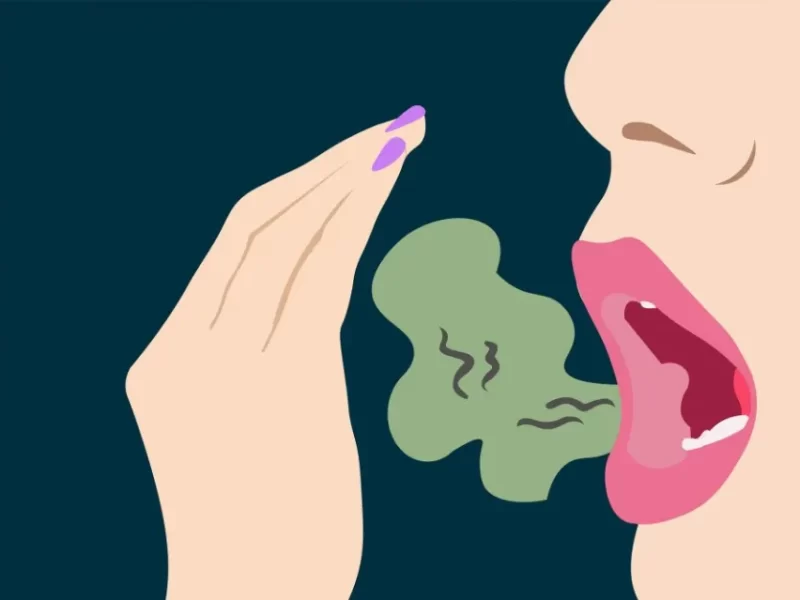When a person mentally and behaviorally regresses, it is called age regression. Some people regress to a younger time period for amusement or to let off steam. Others don’t have a choice and may experience it as a symptom of another medical issue.
Learn more about age regression’s potential applications and goals by reading on.
Read more: Age Regression PTSD: What It is & How to Stop? – Elder VIP
What is Age Regression?
Age regression, in the opinion of Sigmund Freud, was a subconscious defense mechanism. It was a means by which the ego could defend itself against stress, trauma, or rage.
However, other psychologists believe that age regression can help people reach their therapeutic objectives. It might be used to assist a patient in recalling painful or traumatic memories. After that, the therapist can assist the patient in properly recovering from those experiences.
Age regression wasn’t a means of escape, according to psychiatrist Carl Jung. He thought that age regression might be a good thing. People could use it to feel more relaxed, open, and youthful.

There are several types of age regression theories, given the variety.
Types of Age Regression
Each of these age regression types shares two common elements:
- Regressing people go back to a mental state where they are younger than they actually are. Years range in length from type to type and person to person.
- Age regression is not in any way sexual.
Trauma Recovery
Regression may be more likely in people with a history of trauma. Actually, dissociative identity disorder (DID), formerly known as multiple personality disorder, may make people experience age regression more frequently.
Among their distinct personalities, people with this disorder frequently have a younger personality. However, it’s believed that the “little” may not be a separate personality. It might actually be a more primitive version of the original personality.
To put it another way, even though the DID sufferer is fully aware of everything, they nevertheless experience time passing quickly. They might start acting or speaking like a child. In other instances, the “little” is entirely separate.
Age regression serves as protection in this situation against fear or insecurity. Specific occasions or stressors may cause this kind of age regression.
As a Symptom
Age regression could be caused by a psychological or medical problem. For instance, some people who are suffering from severe distress or pain might act like children again to ease their anxiety or fear.
Age regression is more likely when certain mental health conditions are present. Age regression could be a symptom of one of these conditions:
- Schizophrenia
- Dissociative identity disorder
- Schizoaffective disorder
- Post-traumatic stress disorder (PTSD)
- Major depressive disorder
- Dementia
- Borderline personality disorder
In personality disorders, people may experience age regression when confronted with upsetting memories or triggers. The age regression in this instance might have happened on its own.
Additionally, some people may start acting younger as they age. This might be a symptom of dementia. It might also be a way of dealing with concerns about how aging will affect you.
Clinical
Age regression is a therapeutic method that is possible. To help patients revisit difficult times in their lives, some mental health professionals use age regression and hypnotherapy. They can assist them in recovering from the trauma once they arrive.
This practice is debatable, though. Some experts suggest it could be possible to “uncover” false memories. Plus, it’s unclear how reliable these “recovered” memories are.
Self-help
Others may purposefully experience age regression. Some people might decide to go back in time to when they were younger in order to escape stress and anxiety. In order to avoid challenging situations or personal difficulties, they can also go back in time.
By using age regression as a self-help technique, you could return to a time when you experienced love, care, and security. This might be advantageous in that regard.
Age regression, however, might be a symptom of a more serious mental health problem. Regarding this procedure, you ought to consult a mental health professional. They can assist you in learning safe usage techniques. Additionally, they can assess your experiences to determine whether you require a different kind of care.
Causes of Age Regression?
Many conditions, including those affecting one’s physical, mental, or neurological health, can cause regression in a person. It can also be a reaction to stress or trauma (e.g., job loss, end of a relationship, abuse or moving).
Involuntary age regression is associated with the following conditions:
- Major depressive disorder
- Dissociative disorders
- Borderline personality disorder
- Substance use disorders
- Psychotic disorders
- Dementia
- Catatonia
What is Age Regression Therapy?
In order to access and relive your memories, age regression therapy encourages you to mentally travel back in time to when you were younger.
A hypnotist or therapist can perform it on you or you can do it on your own. Utilizing this technique can help you access hidden memories and aspects of your personality, explore childhood memories, or escape stress.
Regarding the purpose of age regression, various psychiatric professionals have held varying opinions. Age regression, according to Sigmund Freud, is a defense mechanism employed by the ego to shield itself from rage, stress, and trauma.

Carl Jung, however, thought that age regression might actually be a good thing. It was how he saw people opening up and letting go of their stress.
Although its use in some situations can be debatable, age regression can be used to address a variety of problems. This technique can be used in a clinical setting or on your own as a self-help method.
Stages of Age Regression Therapy
Relaxation
This phase starts with hypnosis, which the therapist employs to calm your mind and encourage you to delve deeper into your earlier memories.
To induce a trance, which is a state of increased awareness, the therapist will speak to you softly and slowly. You will be so absorbed in reliving the past in this state that you will be oblivious to everything else.
Talking About the Memory
The therapist will discuss with you what they discovered while you were unconscious after the session is over. To assist you in putting your thoughts and feelings into perspective, they might provide notes or recordings of the session.
Visualization
The second stage of hypnosis, visualization, involves the therapist posing open-ended queries to you. You will be urged to share your memories and feelings because there is no yes or no response to these questions.
Since you are intensely focused on the time period you are remembering while you are tranced, you won’t be as reluctant to reveal details of the past that you ordinarily would be reluctant to discuss.
Is Age Regression Healthy?
Age regression doesn’t come with any inherent risk. Make sure you’re in a secure environment and with people who are familiar with this technique if you use it as a self-help or relaxation technique.
But if, against your will, you find yourself going back in time, you should get help from a mental health expert. It’s possible that you’re displaying signs of a deeper problem that demands a different approach.
Age regression therapy can be a contentious procedure, particularly when used in conjunction with hypnosis. Some studies have suggested that you can uncover “false” memories during this type of therapy, which can cause emotional distress.
Self-inflicted age regression, on the other hand, is completely safe, provided it does not develop into an obsession. Additionally, it’s critical that you maintain control whenever you regress. You should consult a mental health expert if you are unable to control when you age backward. This might be related to a underlying mental health problem.
Conclusion
When you mentally go back to a previous age, age withdrawal occurs. You feel like you’ve gone back to that time in your life in every way, and you might even act childish. Consult your healthcare provider if you experience age regression symptoms or if you have any questions.



